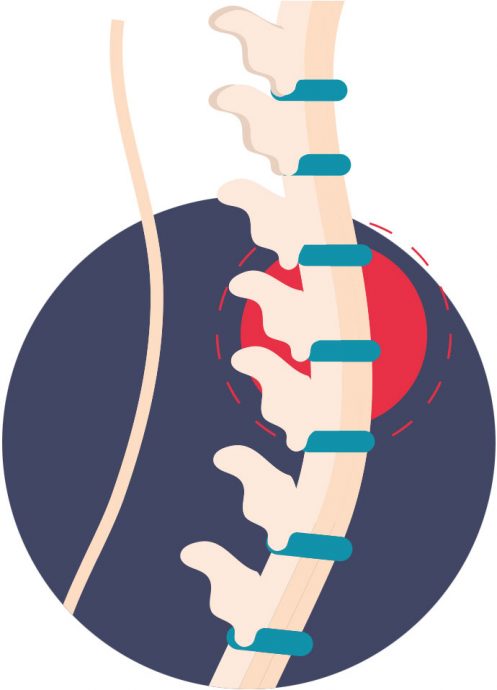LUMBAR MRIs
Diagnose
According to the American Academy of Family Physicians (AAFP), low back pain is one of the most common reasons for outpatient visits to hospitals, clinics, or other healthcare facilities.
Medical professionals perform lumbar MRIs for a variety of reasons. If someone is experiencing pain in their lower back, a doctor may recommend a lumbar MRI scan to help diagnose the source of the pain.
The reasons a doctor will recommend an MRI is to investigate:
- Lower back pain: This can result from muscle strain, joint damage, or other reasons.
- Sciatica: This causes acute pain and results from irritation to a nerve root, possibly due to inflammation or structural changes.
- Claudication: This can lead to mobility problems and dull pain or aching in the lower limbs. Claudication can be vascular, affecting the blood vessels, or neurogenic, involving the nerves.

When lumbar MRI Needed
A doctor may also order a lumbar MRI for an individual who is about to undergo back surgery. In this case, the surgical team uses the results of the lumbar MRI to help plan the operation.
A lumbar MRI is a powerful diagnostic tool that doctors may use to:
- check spinal alignment
- detect abnormalities of vertebrae or the spinal cord
- check for a lumbar disk herniation, which can lead to leg pain
- evaluate any inflammation of the spinal cord or nerves
- check for tumors on or around the spinal cord
- monitor damage to the spine after an injury
- monitor the spine after an operation
- explore different causes of back pain
Why delaying a lumbar MRI?
A doctor will not usually carry out a lumbar MRI during the first 6 weeks that a person experiences pain unless the person has:
- sudden back pain that occurs alongside fever
- injury or trauma
- sudden back pain with spinal tenderness, possibly linked to cancer, osteoporosis, or steroid use
- bowel or bladder incontinence
- a serious underlying condition, such as cancer
The reason for delaying a lumbar MRI is that most cases of back pain resolve within a few weeks, according to the AAFP. A herniated disk will usually reabsorb within 8 weeks. Carrying out a lumbar MRI too early could lead to unnecessary costs and anxiety.









